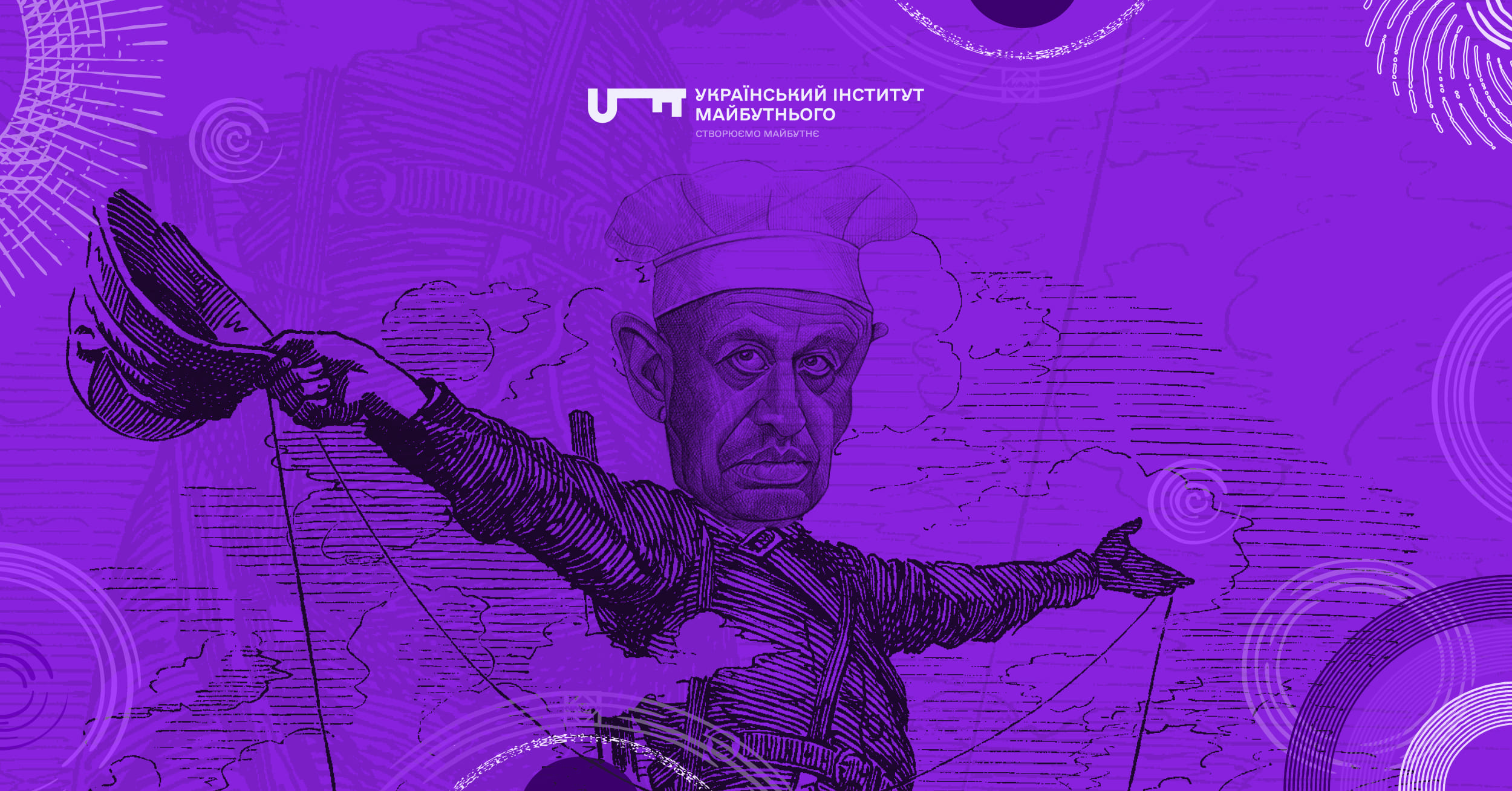December 30, 2024, by UIFuture
On Thursday, December 26, leading international relations experts gathered for the presentation of a study titled “Russia in Africa,” organized by the Ukrainian Institute for the Future (UIFuture).
The Kremlin’s Ambitions
“This is their dream, their goal. [Russia] believes the global order should revolve around three great powers: Russia, China, and the U.S. Africa is seen as a tool to achieve this. A nation with influence in Africa projects the image of a global power,” explained Ilia Kusa, UIF expert on international politics.
In 2024, Russia significantly enhanced its policy effectiveness on the African continent, an evolution closely monitored by UIF experts against the backdrop of the war in Ukraine.
The study analyzed 52 African countries using 26 parameters of potential cooperation with Russia, focusing on Moscow’s military-political presence and the potential threat of the Kremlin’s “Africa strategy” to European stability. This research has critical implications for Ukrainian foreign policy.
Key Experts and Topics
Speakers at the event included:
- Iliya Kusa, UIF expert on Middle Eastern and international politics, seasoned journalist, translator, and analyst.
- Igar Tyshkevych, chief expert on Russian studies at UIF, experienced in communication strategies and political campaigns.
- Oleksandr Bazar, junior analyst at UIF and co-founder of the Kyiv Student Brotherhood NGO.
- Vladyslav Martynyuk, junior analyst at UIF.
Agenda Highlights
- Debunking myths about Russia’s position in Africa.
- Understanding the logic of Moscow’s activities on the continent.
- Identifying the specific strategies employed.
- Assessing threats to Ukraine.
- Extracting lessons from the Kremlin’s tactics.
Russia’s Strategic Goals in Africa
In his presentation, Ilia Kusa identified three strategic objectives pursued by Russia in Africa:
- Securing a place as a distinct geopolitical power alongside the U.S. and China.
- Establishing zones of sustained Russian influence on the continent.
- Gaining access to natural resources while limiting Western and U.S. access.
Drawing parallels with Russia’s 2015 intervention in Syria, Kusa explained how military operations transformed Syria into a strategic gateway to the Middle East. Similarly, Africa is viewed as a patchwork of influence zones and entry points into key regions.
However, Kusa emphasized that Russia lacks the resources to dominate Africa. This is why Moscow promotes the narrative of a “multipolar world,” seeking to diminish Western dominance while carving out its own sphere of influence. This, he said, constitutes Russia’s “minimum plan.”
Tactical Goals in Africa
- Undermining the dominance of the EU and NATO.
- Carving out a unique security role on the continent.
- Cementing its position as a key political player in specific African nations.
Narratives and Propaganda
Kusa outlined three key narratives Russia advances in Africa:
- A multipolar world order. Russia appeals to African nations’ aspirations by presenting itself as an alternative to Western dominance.
- The irreparable rift between the West and the “non-West.” Russia aligns itself with the “non-West” camp, emphasizing its opposition to colonial traditions.
- True decolonization. Moscow frames the current phase of African development as the real break from colonialism.
Russia’s Evolving Engagement in Africa
Ihar Tyshkevich traced four phases of Russia’s African engagement:
- Soviet-era Cold War logic.
- 1991–2008: Focus on profit-making.
- 2008–2017: Searching for a new role.
- 2017–present: Cold War revival combined with profit motives.
He noted that Russia leverages areas where it holds technological advantages. For example, in recent years, Moscow has entered African educational systems by promoting Russian language programs and conducting media contests like Russia Today for African journalists.
The Prigozhin Model
Tyshkevich also analyzed Yevgeny Prigozhin’s key approaches:
- Election interference through political consulting.
- Export of military force.
- Self-financing systems.
- Media influence and cultivating thought leaders.
Russia’s Weaknesses in Africa
UIF experts identified vulnerabilities in Russia’s Africa policy, such as:
- Limited financial and economic resources.
- A tarnished image and loss of credibility due to the war in Ukraine.
- Weak connections with African civil society and grassroots organizations.
- A lack of innovative ideas for export.
- The burdensome legacy of empire.
Key Takeaways
The study concluded with the following observations:
- Russia’s anti-colonial rhetoric has shaped much of its post-1990s engagement.
- The EU and U.S. must revise their strategies to regain influence on the continent.
- While Russia’s comprehensive approach has delivered results, it failed to capitalize on early opportunities.
- China has already solidified its influence, posing a challenge for Russia.
- Russian interests increasingly conflict with those of China and regional powers like South Africa, Ethiopia, Nigeria, and Kenya.
- Russia’s arms trade—a key tool of influence—is declining due to the war in Ukraine.
- Security remains a top priority for African nations.
Final Remarks
The event concluded with active discussions involving experts, analysts, journalists, and researchers. A particularly engaging debate revolved around Russia’s loss of bases in Syria, which Vladyslav Martyniuk described as a major setback. He outlined two possible scenarios:
- Negotiating with Syria’s new government (unlikely).
- Seeking new bases in Libya, Sudan, or the Central African Republic.
UIF experts stressed the importance of Ukraine’s proactive role in closing gaps left by Western partners in “non-Western” regions, including Africa.
This research highlights the growing challenges Russia faces in Africa and underscores opportunities for Ukraine and its allies to counter the Kremlin’s ambitions. A recording of the presentation is available on UIF’s Facebook page. Stay tuned for announcements of upcoming events as UIF continues working for a successful future for Ukraine!


Вам також буде цікаво:
Ukrainian Energy Sector Developments
INVESTIGATION IS AN IMPORTANT PART OF THE DISCIPLINARY STANDARDS OF NATO
Adria Airways in Ukraine: experts explained the Slovenian airline’s comeback
A SECURITY SYSTEM WILL BE CREATED IN THE SEA OF AZOV. WILL UKRAINE BE ABLE TO STAND AGAINST AND WHAT IS THE SOLUTION TO THE CRISIS
POLAND SEEKS WAYS TO PREVENT ENERGY CRISIS
WHAT’S WRONG WITH YULIA TYMOSHENKO`S GAS CHARITY?